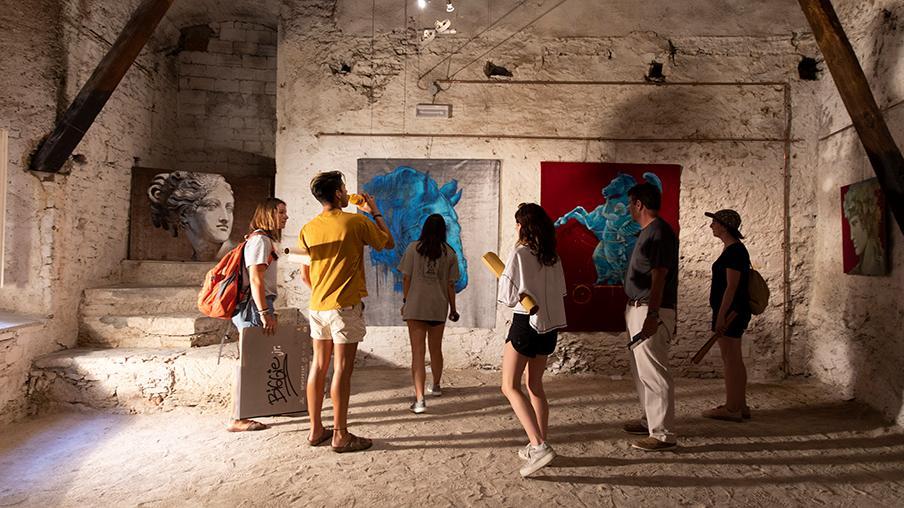

This studio is a full semester’s credit of integrated departmental courses and involves extensive travel within and beyond the great Midwest region of North America, to study regional natural systems and the cultural responses to those systems.
#Bachelors in landscape architecture professional#
Information on admission criteria is posted each year on the College of Design website.įollowing admission to the professional program, students embark on the traveling studio during the fall semester of their second year. Applicants are reviewed on the basis of academic performance and a portfolio of original work admission to the professional program is subject to the approval of a faculty committee at the completion of the Core Design Program.

The undergraduate curriculum includes one year of the college’s Core Design Program followed by four years in the professional program. The department offers graduate and undergraduate degree programs and cooperates in the undergraduate minors in Design Studies, Critical Studies in Design, and Digital Media. Graduates are able to communicate effectively with colleagues in the sciences and humanities as well as in the allied professions, and are prepared to work individually and in multidisciplinary teams to address complex problems dealing with the cultural/ecological environment. The resulting environments serve useful, aesthetic, safe, and enjoyable purposes. In their professional lives, graduates apply their creative and technical skills in the planned arrangement of natural and constructed elements on the land with a concern for the stewardship and conservation of natural, constructed, and human resources. Graduates are active in a broad range of careers, such as sustainable site design, land development, park management, environmental advocacy, community planning, urban design, and others. The curriculum at Iowa State prepares students for this challenge as they develop their abilities to design and communicate ideas through a sequence of foundational courses and studios. The program seeks to produce graduates who understand the ethical, social, and environmental/ecological dimensions of issues involving changes in the landscape. The scale of landscape architecture projects varies from broad, regional landscape analysis and planning to detailed, individual site-scale designs. The profession addresses a broad range of landscapes in urban, suburban, rural, and wilderness settings. Students in our program learn to change the world around them by re-imagining and re-shaping the landscape to enhance its aesthetic and functional dimensions, ecological health, cultural significance, and social relevance. The design process involves creative expression that derives from an understanding of the context of site (or landscape) ecosystems, cultural frameworks, functional systems, and social dynamics. Landscape architects actively shape the human environment: they map, interpret, imagine, draw, build, conceptualize, synthesize, and project ideas that transform landscapes. Landscape architecture is an environmental design discipline.


 0 kommentar(er)
0 kommentar(er)
